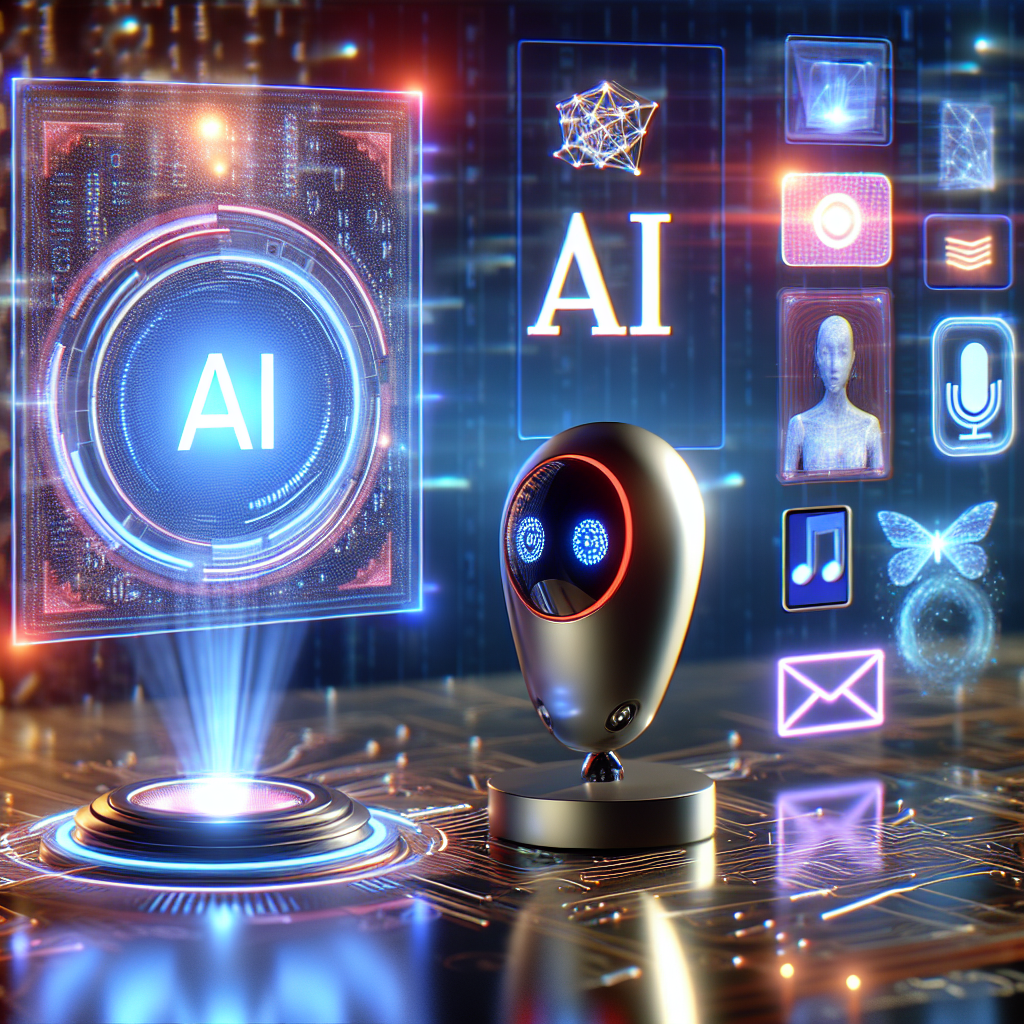Artificial Intelligence (AI) has revolutionized the way we consume entertainment content, from personalized music recommendations on streaming platforms to customized movie and TV show suggestions on streaming services like Netflix and Hulu. As AI technology continues to advance, the future of AI tools in personalized entertainment recommendations looks promising, with the potential to further enhance the user experience and drive engagement.
One of the key trends in the future of AI tools in personalized entertainment recommendations is the use of machine learning algorithms to analyze user data and preferences. By collecting and analyzing data on users’ viewing habits, listening preferences, and browsing history, AI algorithms can generate personalized recommendations that are tailored to each individual user’s tastes and interests. This level of personalization can help users discover new content that they may not have otherwise come across, leading to a more engaging and satisfying entertainment experience.
Another trend in the future of AI tools in personalized entertainment recommendations is the integration of AI-powered voice assistants and chatbots. These tools can help users find and discover content more easily by providing personalized recommendations based on natural language queries. For example, users can ask a voice assistant to recommend a movie or TV show based on a specific genre, actor, or director, and the AI algorithm will generate a list of personalized recommendations in real-time.
Additionally, AI tools can also be used to enhance the user interface and overall user experience of entertainment platforms. For example, AI algorithms can analyze user behavior and preferences to customize the layout and design of the platform, making it more intuitive and user-friendly. By leveraging AI technology, entertainment platforms can create a more immersive and engaging experience for users, ultimately driving higher levels of engagement and retention.
One of the most exciting developments in the future of AI tools in personalized entertainment recommendations is the use of deep learning algorithms to analyze audio and video content. By analyzing the audio and visual characteristics of content, AI algorithms can generate personalized recommendations based on the style, tone, and mood of the content. This level of personalization can help users discover new music, movies, and TV shows that align with their specific tastes and preferences, leading to a more enjoyable and satisfying entertainment experience.
Overall, the future of AI tools in personalized entertainment recommendations looks promising, with the potential to revolutionize the way we consume and discover entertainment content. By leveraging AI technology to analyze user data, personalize recommendations, and enhance the user experience, entertainment platforms can create a more engaging and immersive experience for users, ultimately driving higher levels of engagement and retention.
FAQs:
Q: How do AI algorithms generate personalized entertainment recommendations?
A: AI algorithms generate personalized entertainment recommendations by analyzing user data, preferences, and behavior. By collecting and analyzing data on users’ viewing habits, listening preferences, and browsing history, AI algorithms can generate personalized recommendations that are tailored to each individual user’s tastes and interests.
Q: How can AI-powered voice assistants and chatbots help users discover new content?
A: AI-powered voice assistants and chatbots can help users discover new content by providing personalized recommendations based on natural language queries. Users can ask a voice assistant to recommend a movie or TV show based on a specific genre, actor, or director, and the AI algorithm will generate a list of personalized recommendations in real-time.
Q: How do AI algorithms analyze audio and video content to generate personalized recommendations?
A: AI algorithms analyze audio and video content by analyzing the audio and visual characteristics of the content, such as style, tone, and mood. By leveraging deep learning algorithms, AI tools can generate personalized recommendations based on the audio and visual characteristics of the content, helping users discover new music, movies, and TV shows that align with their specific tastes and preferences.

